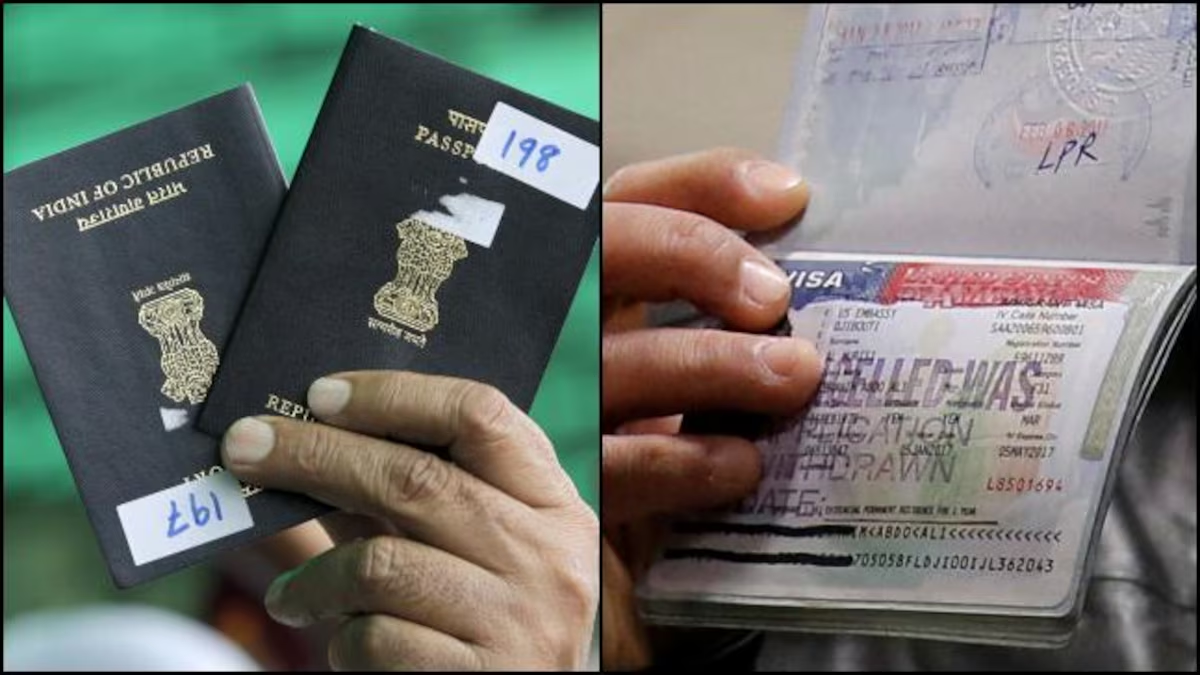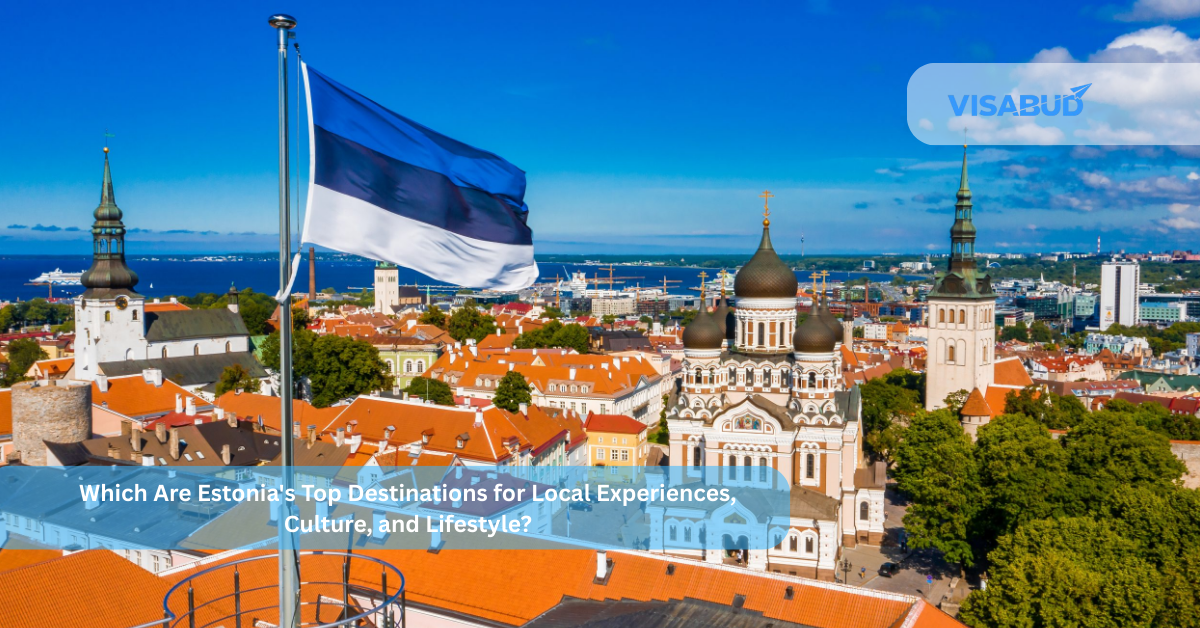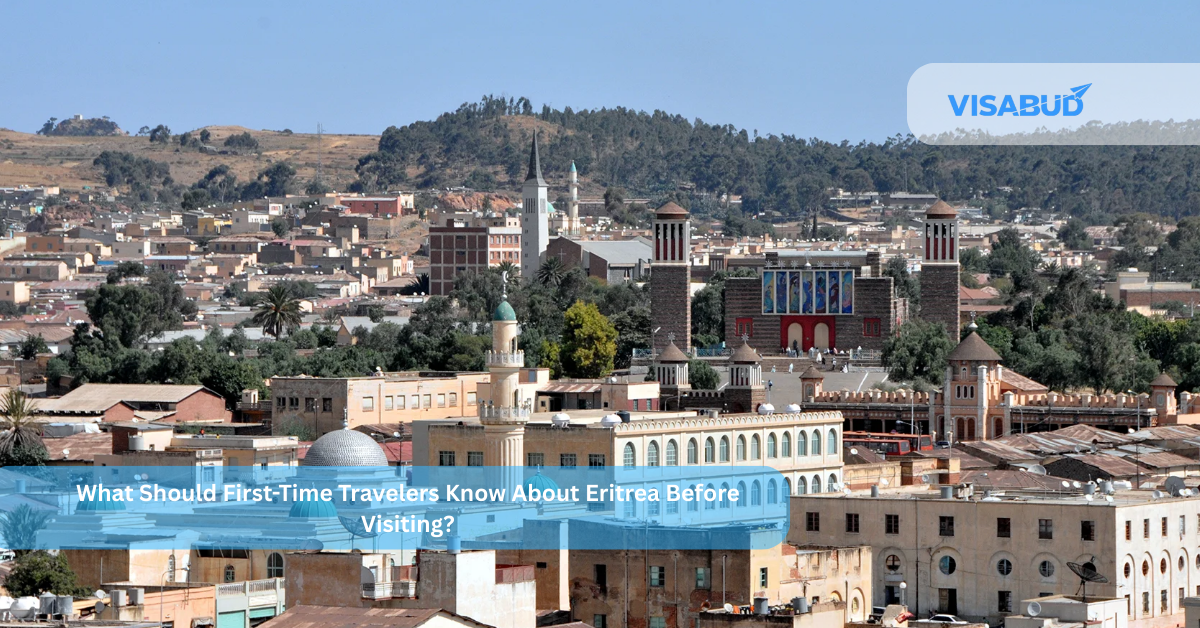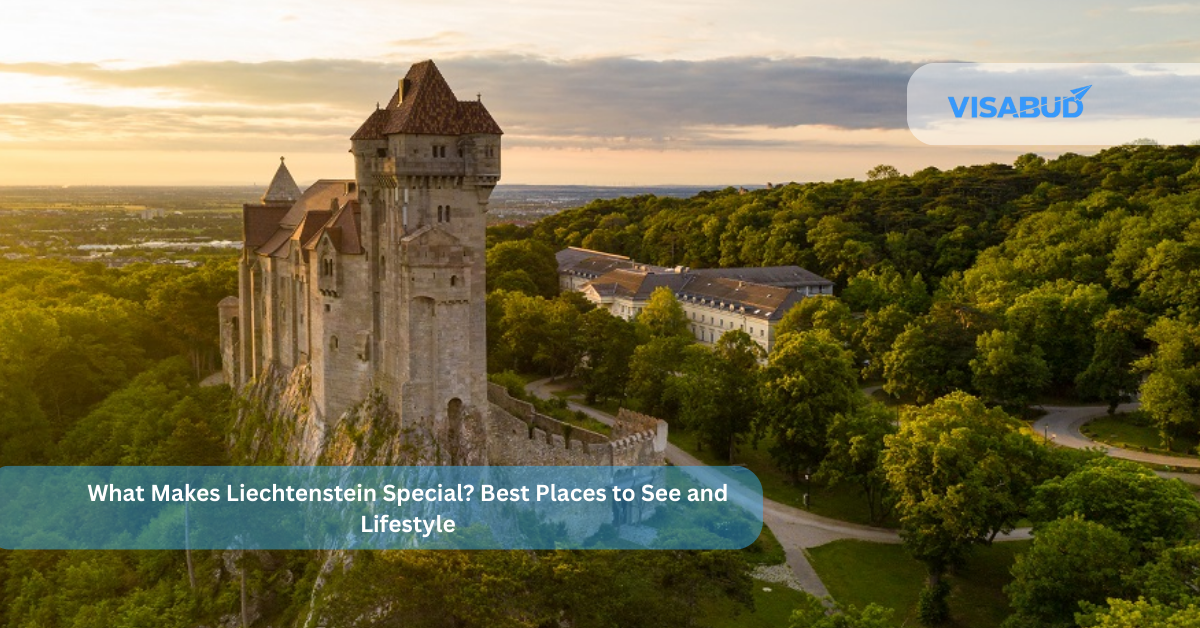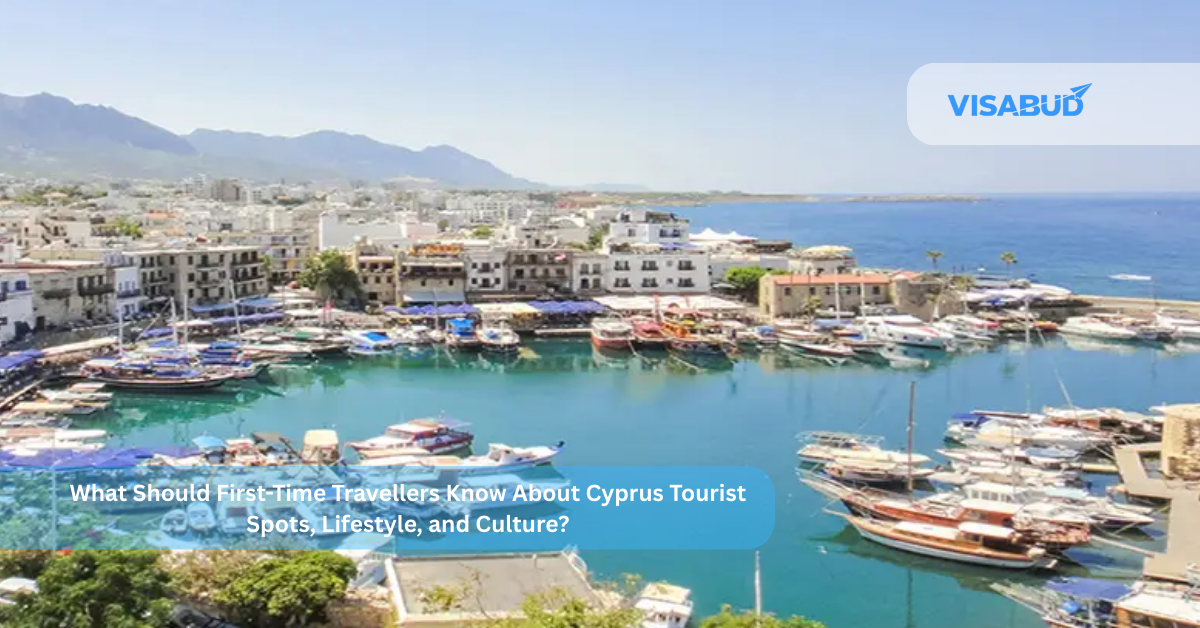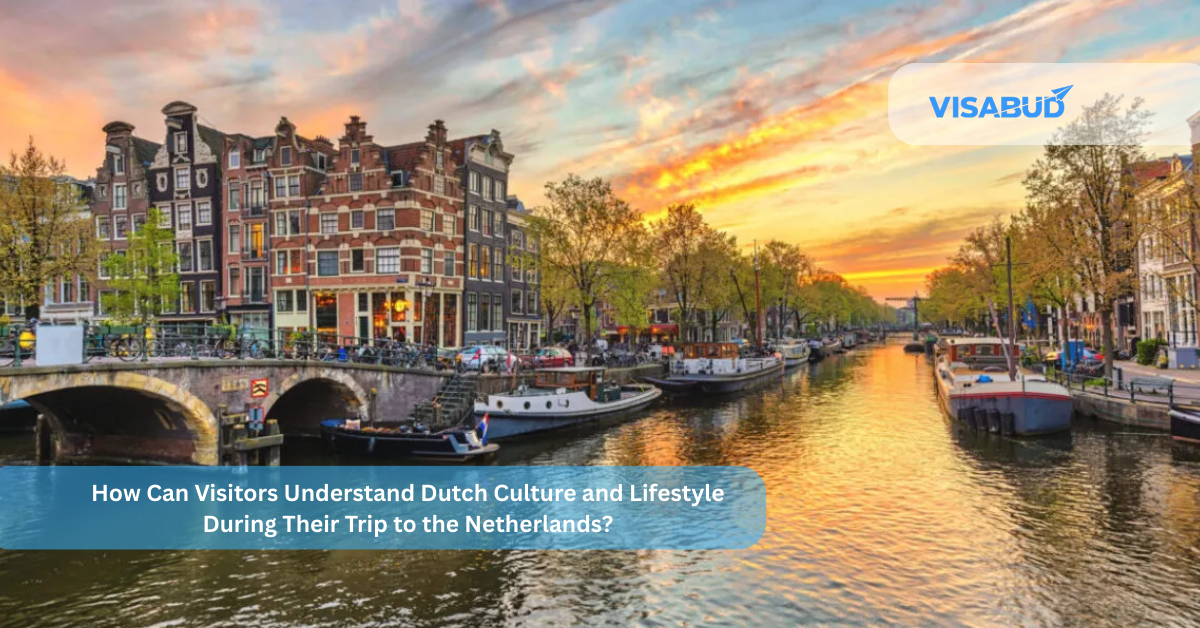Introduction
Anyone thinking about traveling around the world or working abroad must know how passports differ from visas, these documents being indispensable in ensuring global movement. Both of them are necessary for traveling across overseas territories although serving different yet complementary purposes to one another. A government’s document ascertaining identity and citizenship carried by citizens for overseas trips is a passport. A passport is an authorized document by the state which assures the identity while traveling out of the country and can also be allowed to come back. Usually their details are name, photo ID card number which never changes until it expires like everything else on it contains their names too because they are known as personings or likenesses .
It is issued either inside or outside borders so long there’s no contradiction from where one comes these are usually drawings but sometimes even live images taken at different times showing what matters most about someone’s true self like how he/she appears version had been prior modification due back Then he was sentenced to death three years ago cici’s not guilty went avoiding confiscating her by demanding alimony after which she could leave him forever as he took responsibility for everything if there were no criminal offense committed against society’s laws or its regulations.They are important for international travel, to prove citizenship and identity they are often necessary for many other things such as accessing consular services or obtaining visas.On the other hand, visas are stamps put into passports, which allow one to enter, remain in, or move out of a country within a specific time frame. Furthermore, they are provided by the destination state.
This means that the visa regime is connected to national security or the level of orderliness at its borders. It is worth mentioning that visas come in different categories like tourism, business, study or work among others.Often, acquiring a visa can be complicated because detailed documentation is needed and interviews take place in some embassies or consulates.You need to have a passport and a visa if you want to travel internationally, they are used for different things and come from different people. In order to go outside your own country’s border lines, one must know what roles each document plays as well as steps necessary for acquiring them. Consequently this paper examines various aspects defining them—like what they mean, their types and uses while at the same time being comprehensive on global jurisdiction intricacies.
What is a Passport?
A passport acts as an official government-issued document that confirms a person’s identity and origin, making them capable of crossing international boundaries. Normally contained in passports are personal details like names, photo graphs, date of birth and nationality, individual passport number and expiry date. They work primarily as means of identification and citizenship proof while in other countries.Duty for the validity of travel under guarantee of a motherland and procuring consulate support can potentially be quite necessary whenever one is crossing national borders.
Types of Passports
Ordinary Passports : Citizens may carry out personal travel by utilizing ordinary passports, also referred to as regular or tourist passports. Vacationing, business trips and family visits are some of the instances personal travels have been defined. These documents usually last between 5-10 years, verifying citizens as well as identity during international trips when issued.
Diplomatic Passports : Diplomats, consular officials etc. get diplomatic passports that grant them some kind of immunity and rights in the country they are working for. It is good to have a special document which allows for communication between international peers, similar to protection through such means (diplomatic duties) in case there is any conflict with local laws. In other words what this means is that it allows faster clearing at customs points worldwide than ordinary travelers’ do since many states have agreed not to charge certain people.
Official/Service Passports : Government employees and officials who wish to travel for official state business usually have two types of passports. The official and service passports demonstrate the visitor’s rank and reasons for visiting; sometimes they allow some privileges that come with diplomatic passports, though at a lower scale. Such documents are mostly valid until the end of the mission.
Emergency Passports : If an individual loses their passport while traveling in another country, they may obtain an emergency passport which allows them to either come back home or keep going with their journey until a new one is made available. An Emergency passport is just a short temporary document given out for such cases where somebody has lost his/her real one through theft or by any other accident while he/she was abroad. These types of passports tend to be restricted since they have very few countries that they allow people to enter before getting their official passports.
Components of a Passport
A passport is considered as an important official document for someone traveling abroad by air, sea or land; hence it is important to know the parts of a passport. The parts have unique roles they perform in ensuring that those who hold them are the rightful owners and citizens.
1. Personal Information Page
The most essential section of a traveling document is the personal information page. As will follow are
- Photograph : A recent passport-sized photo of the holder, which has been taken under a strict guideline to ensure it is clear enough for identification purposes.
- Name : Please enter the full name on your passport
- Date of Birth : The date of birth of the holder is used for age and identity verification.
- Nationality : The country where the passport holder is a citizen of
- Passport Number : A code which is unique and consists of letters and numbers is given to the passport for purposes of identification and tracking.
- Expiration Date : Ensure that your passport is valid for at least six months beyond the date you intend to travel. The period within which the passport will remain valid.
- Issuing Authority : The passport is usually issued by a government organ or institution which may be referred to by its name either as bureau or department.
2. Passport Number
A unique identifier for the document which is used in tracking the issuance and status of the passport is known as a passport number.
3. Security Features
The current passports are installed with numerous security elements that prevent counterfeiting and forgery
- Holograms : Photos that change in appearance when they are seen from another direction and are sensitive to light
- Watermarks : Embedded designs that only show up when someone holds the passport under the light.
- Microtext :It consists of minor text which is problematic to paraphrase but is utilized in many parts of the travel document
- Biometric Data: In some passports there exists biometric data, for example fingerprints and profile pictures, which is kept in electric chips.
4. Visa Pages
These are empty forms meant for placing visas, entry and exit stamps, so as to keep a record of international trips.
5. Personal Details Page
Specific passports might require extra personal information or emergency contact information.
Functions of a Passport
- Identification : Confirms the holder’s identity and citizenship
- Travel Authorization : The insiders are in a good position to grant international travel permission and allow entering foreign lands.
- Repatriation : Eases the holder’s trip back to their homeland
- Consular Assistance : Gives reach to consular services as well as and help for citizens from different countries who are abroad.
What is a Visa?
A visa is a legal acknowledgment on a passport allowing someone to enter or leave a foreign country for a particular reason at a specified time. It is granted by the incoming country and determines an individual’s legal position while there.
Types of Visas :
Tourist Visa
A tourist visa permits individuals who want to visit a country for leisure, tourism, or vacation and generally lasts for just a couple of weeks-months.
Business Visa
The business visa lets people go places and do things for their work, such as having meetings with people or talking about money. Mostly these are just short few days visas made to serve business purposes.
Student Visa
Anyone who is enrolled in an academic program abroad gets a student visa to allow him or her to stay in the nation during their academic career.
Work Visa
When a person gets employed in another country, they need to have a work visa which will enable them to do so. The immigration officer establishes it after he has been presented with the employment agreement or job offer from an employer and most times he may also need to ask for a work permit.
Transit Visa
Transit visas help people move through a nation when they are going to another place. They generally mean that for passengers who are in transit or are making a brief stop in the country.
Immigrant Visa
An immigrant visa is for individuals who desire permanent residency in a foreign nation that enables them to live, work, and eventually apply for citizenship.
Non-Immigrant Visa
Non-immigrant visas are intended for short-term temporary stays for leisure, business activities or brief employment periods and do not pave the way for naturalisation.
Visa-On-Arrival
A visa on arrival permits a traveler to get a visa at the border upon arrival rather than before leaving the country, and it is usually issued for short visits.
e-Visa
An E-visa, which can be applied for by travelers over the internet, refers to an electronic visa (e-visa), making it easy for anyone that wants to go from one country into another to obtain it through filling an online form and getting approval electronically.
Visa Requirements
Visa requirements are conditions and papers that are needed by travelers so that they can be cleared to enter another state. Basically, the requirements differ due to the kind of Visa, nationality of applicant and the destination. For easy application of visa, an individual should be aware of such requirements.
1. Application Form
- Complete Application Form : Interested applicants are required to accurately and completely fill out a visa application form which are often made available online through the consulate or the embassy’s website.
- Types of Forms : Forms differ based on visa types (tourist, business, student, etc.) and must be filled out according to specific instructions.
2. Valid Passport
- Passport Validity : The passport should have at least six months’ validity to cover additional days of stay beyond a planned stay with a bare minimum number of two empty pages..
- Passport Copies : Where applicable, those applying may need to submit a copy of their passport biographical page as well as past visa copies.
3. Photographs
- Recent Photographs : For most types of visa applications, you must provide recent passport-sized photos with certain size specifications and colour backgrounds.
- Photograph Guidelines : The guidelines include attributes for how we cover our faces, express ourselves or even show up when it comes to lighting conditions.
4. Proof of Purpose of Visit
- Tourist Visa : Evidence may comprise travel schedules and hotel reservations
- Business Visa : Guest companies Registered with should ensure that invitation letters from host companies are readily available timeously; in like manner, details of meetings together with or conference agendas/programs should be readily accessible, as well as evidence confirming that there exist prior communications between colleagues etc.
- Student Visa : Admissions letters from schools and evidence in the form of bank statements of ability to meet your tuition and living expenses.
5. Financial Evidence
- Proof of Funds : The applicants must demonstrate they can fund their living costs which can be proved by audited bank statements, wage slips and sponsorship letters.
- Financial Documents : Requirements vary, but recent statements and proof of income are commonly requested.
6. Visa Fees
- Application Fees : Visa applications usually require fees that can not be refunded, the fees depend on the visa applicants type and destination country.
- Payment Methods : Depending on the specific requirements set by the consulate, payment might be made using bank transfer, cash, credit/debit card.
7. Additional Documents
- Supporting Documents : Extra materials could contain health insurance, background checks, or police clearance certificates.
- Document Requirements : This is reliant on visa type and the personal circumstances of the applicant.
8. Visa Interview
- Interview Appointment : An in-person interview at the consulate or embassy will be required for several visas.
- Interview Preparation : Preview application details, documentation and possible travel plans questions before getting ready.
The Role of Passports and Visas in International Travel
Passports and visas are very crucial elements in international travel because they facilitate crossing borders as well as security and control of who enters or not.
1. Identification and Citizenship Verification
Passports : One of the essential papers that a government gives its citizens is an identification paper that shows who they are and where they come from. This paper needs to be shown when one wants to travel abroad. In addition, it enables a person to move out of a country and come back in. A passport holder’s name, photo, country of birth, and birthdate can all be found in the front page detailing who s/he is.The document has gained universal recognition and the trust of International organisations.
Visas : The opposite of a passport is known as a visa, which gives those who carry them authority to get into or to remain in or to leave a state for an agreed upon duration. The result of that is it makes sure that the intended arrivals are examined and commanded by countries that they are meant to inhabit or leave. They are received from the nation being visited and show why or for how long an individual wants to remain there.
2. Regulation of Entry and Exit
Border Control : Controlling border access requires both passports and visas. They are tools for verifying who travellers are, whether they are allowed to come in or go out of a particular state and help in keeping records about their movements. The identity of a traveller is given through her/his passport, while the conditions for admission are provided by visa.
Security : In modern passports and visas, that have enhanced security, the security has been enhanced by things like biometric data, holograms and micro texts which have helped in prevention against fraud as well as identity theft both foreign or local. These measures play an important role on a country’s security as they help in recognizing a person, hence reducing chances of human trafficking or terrorism among other illegal activities.
3. Facilitating International Relations
Diplomatic Relations : The issuance of a visa can vary depending on the diplomatic relations between countries. It is easier to travel with a visa-free agreement or visa-on-arrival arrangement as this helps in enhancing the bilateral relationships hence creating a conducive environment for tourism, business exchanges and cultural learning experiences. On the contrary, the existence of strict visa requirements could mean difficulties in relations or fear of insecurity and avoiding illegal immigration habits.
Travel Flexibility : Passports guarantee international travel permission and access to embassies by verifying the citizenship of their owners. In moments of urgency like those caused by a hurricane or coup d’etat when one’s country is likely to offer help in times of need, the significance of the documents is at its most pronounced.
4. Economic and Social Impact
Tourism and Business : Visas support tourism and business travel in an important way where tourist ones help people discover different areas while business ones inspire foreign trade and investments through conferences’ speeches and deals arrangements.
Education and Employment : One way for people to have a lot of time in the knowledge exchange is through visas allowing for studying or working in other countries. Those kinds of visas promote national diversity, as well as support different talents and professionals from various parts of the world coming together on a global stage to share their competences.
Common Misconceptions
1. A Passport Alone Grants Entry :
There is a common opinion among the public that as long as one has a passport they can visit any nation. This is not the case because even though passports are used as proof of identity as well citizenship papers to some states for entrance purposes one must have a separate document visa depending with their reasons why they want to stay in another country and how long they plan on doing so according visas they would need when visiting foreign countries said permits were for travelling across town; e.g., within one city only its limits such laws apply similarly within nations where there aren’t any requirements regarding passports except when crossing town borderline without obtaining permission from relevant authorities either side.
2. Visa Guarantees Entry :
Just because you have a visa does not necessarily mean that you will be allowed to enter a country. On entering, the immigration officers may refuse or permit anyone regardless if they or she holds a visa depending on their own assessment and evaluation on what purpose you are there for or how you have prepared and executed your journey.
3. One Visa Fits All Purposes :
There are travellers who feel as if one visa can cater for different enterprises like working during tours. Every visa is approved for particular motives and misuse might lead to sanctions hence one might be sent back to his or her country.
4. Visa-Free Equals No Restrictions :
Having a visa-free pact does not imply one can stay endlessly. It is common for such countries to have time restrictions for travellers under visit agreements while still expecting some evidence for adequate money to support oneself during your visit, your return ticket among other documents.
Recent Trends and Changes in Passport and Visa Policies
E-Passports : Traditional paper passports are now being replaced by e-passports which have biometric data chips.E-passports are the standard for security these days at borders and that helps in speeding up the process by reducing fraud chances
E-Visas : There are electronic visas (e-visas) in many countries for those travellers who wish to apply on the Internet. Therefore, this makes the process of application easier and at the same time better, especially for trips that take a short time.
Impact of COVID-19 : The pandemic has been the cause of substantial changes in passport and visa policies. Several countries imposed temporary travel bans and mandatory quarantines, as well as health documentation requirements. There are also such things as special health visas or greater visa extension period flexibility in some countries.
Digital Innovations : More Things likely to emerge are digital travel documents and mobile passports, which have to replace paper documents for international travel and also streamline the clearance time thus ensuring both convenience and security are accorded to travelers.
Regional Agreements : Easier cross-border movement is promoted, tourism is promoted and economic collaboration is promoted through the expansion of visa-free travel zones and regional agreements.
Conclusion
When you move from one country to another, two key aspects which you need to understand and differentiate are passports and visas. In international migration, these are very imperative because they confirm someone’s identification, monitor entry and exit as well as protect entrance points worldwide. It is possible for one citizen with a passport from his country of origin but not having a visa requirement to visit an overseas nation legally after which he can come back to his/her native land.|Passports, which are considered as basic means of identification and evidence of nationality, allow an individual to travel outside his/her country and return.|There are data about an individual in this identification document, such as the name, dates of electronic readers if your fingerprints get lost
On the other hand, visas are vital endorsements that guarantee questions, duties or trips through foreign states for particular purposes and times, to travelers. Their issuance is done by the country being visited and they make it possible for travelers to be prescreened so that only those who qualify may enter. Various modes of travel are served by differing types of visas such as tourism, business, study or work each having their own criteria plus conditions.
Recent trends in passport and visa policies show how global travel is fast changing. With e-passports and e-visas, the process has really changed for the better especially in terms of security levels and usability. Furthermore, Covid-19-related health requirements and alterations in visa regulations to adjust to fluid traveling situations have been spelled out as part of this picture. We should also note that soon there will be such things as electronic passports or mobile ones with other digital travel data.
Significant travel disruptions may occur if there are wrong beliefs about visas and passports; hence it is crucial that one possesses precise information when planning for a trip. It is important that travelers know what they need to do before visiting any particular country with regard to visas such as knowing which ones are required and what should be included in one’s application for one.
Passports and courts are tools for traveling globally which are very important. Therefore, they facilitate smooth movements of people across borders, improve security and also enhance international relationships and economic growth. This means that understanding the policy trends or changes particularly in passport and visa policies enable individuals to travel around the world easily.
Searching for Visa ? Reach Out to Us!
